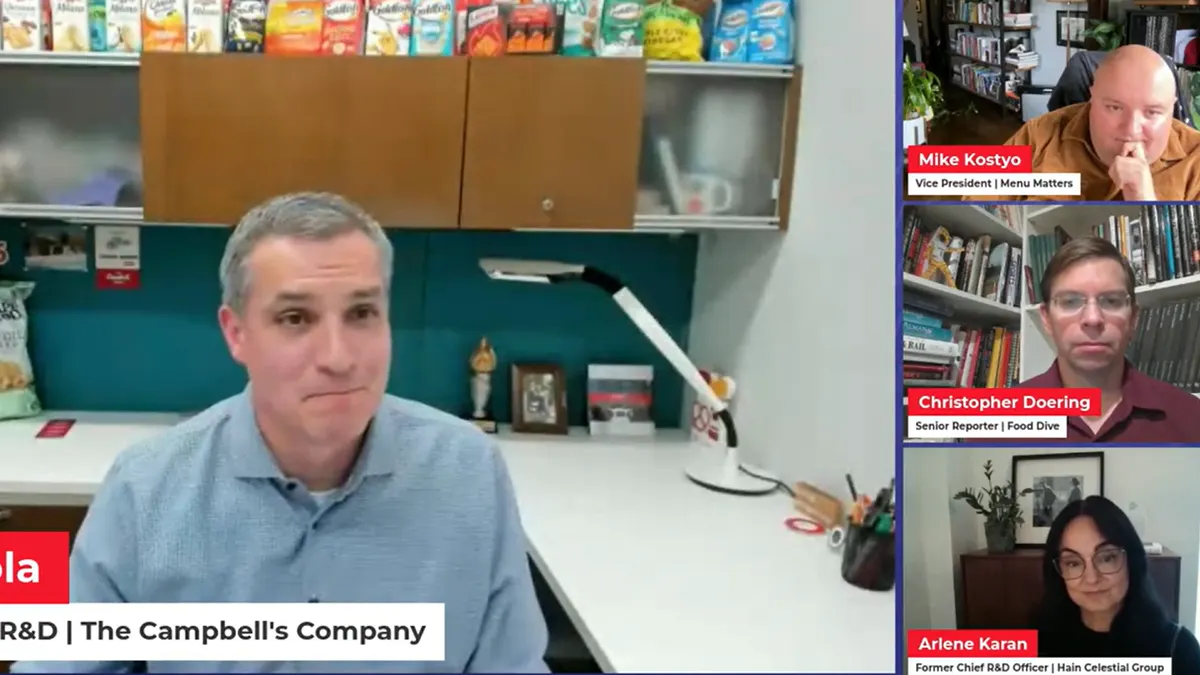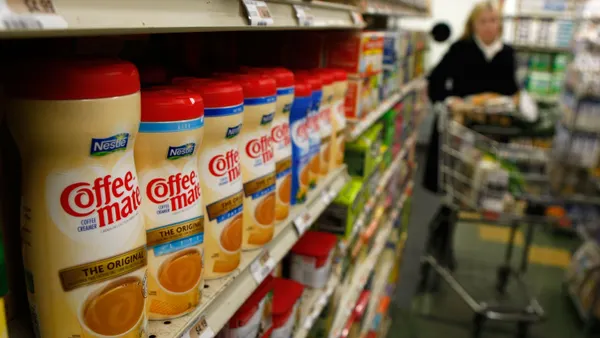Congressional lawmakers declined to crack down on the proliferation of state bans on additives and dyes in a closely-watched bill introduced earlier this month, marking a fresh setback for the food industry.
Sen. Roger Marshall's The Better Food Disclosure Act takes aim at provisions that have allowed the food industry to “self affirm” whether new ingredients are safe for consumption. The self-affirmation designation, known as Generally Recognized as Safe, had been criticized by Health Secretary Robert F. Kennedy Jr. and the overall "Make America Healthy Again" movement.
The bill initially contained a section that would have preempted states from implementing their own ingredient regulations. However, it was ultimately removed after Marshall received pushback from the MAHA community, according to the New York Times.
A growing number of state laws have left the food industry navigating a patchwork of bans on additives and ingredients. Some states like West Virginia have outright banned foods with certain ingredients, while others have moved toward requiring warning labels.
The food industry has begun making more of a concerted effort to fight back against these state efforts, forming a lobbying group called Americans for Ingredient Transparency that is pushing for unified federal regulation. Marshall said in a statement that his bill was introduced in response to "the great state-led efforts to strengthen our Nation’s food safety standards."
“For too long, the FDA has failed to regulate our food industry to the standard that the American people expect and deserve,” Marshall, a Kansas Republican, said in a statement. “While we remain committed to working with everyone to establish a strong national standard of ingredient safety, we cannot ignore the reality that our current federal oversight is inadequate – and states have stepped up to hold both food companies and Washington accountable."
Marshall's bill tweaks the GRAS approval process by requiring companies to submit notices of new chemical uses to FDA, which previously was optional. However, the bill still allows companies to automatically receive approval for new ingredients if the FDA does not weigh in after 180 days, largely preserving the oft-criticized loophole.
The Center for Science in the Public Interest, a major critic of the GRAS loophole, also noted that Marshall's bill makes it harder for the FDA to remove unsafe chemicals by requiring the agency to put out new regulation before eliminating an ingredient from the list.
"The bill is like a lobster trap: Chemicals slide in easily by default, but a ton of process is needed to ban them, ensuring an exhausted FDA will struggle to take effective action," CSPI Director of Regulatory Affairs Sarah Sorscher said in a statement. "This bill is not meaningful chemical safety reform.”















